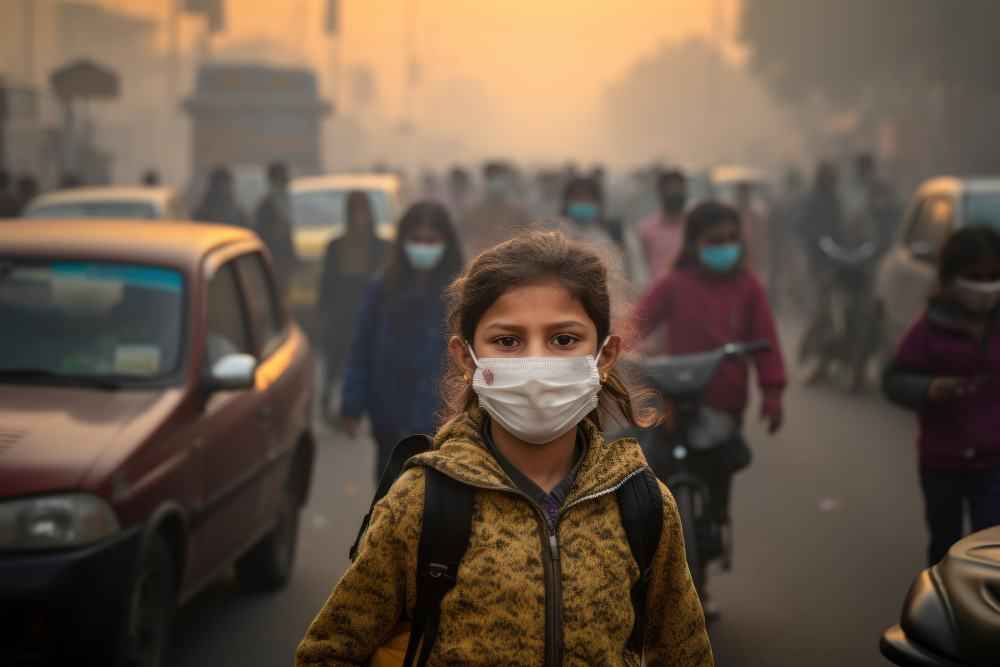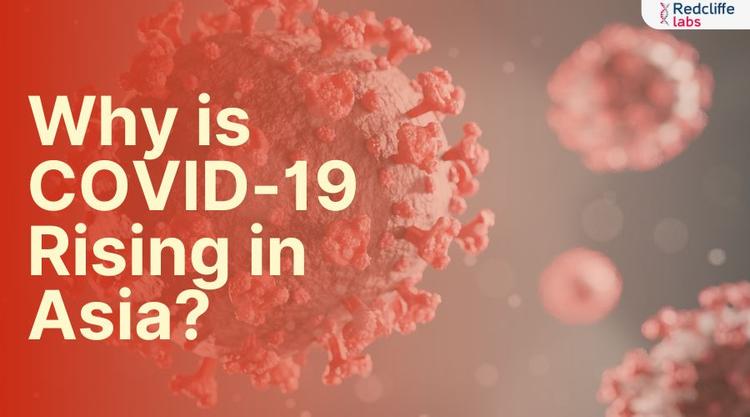Smog in Delhi: Delhi Pollution Hits Severe Mark Tips for Protecting Yourself and Your Family

Medically Reviewed By
Dr. Ragiinii Sharma
Written By Meenakshi
on Nov 3, 2023
Last Edit Made By Meenakshi
on Jan 8, 2025

As the calendar turns another page, Delhi, the heart of India, finds itself once again shrouded under a thick and suffocating blanket of smog. An air quality emergency was declared in Delhi on Thursday as the AQI reached alarming levels in several places. AQI 401-500 is generally considered poor, and currently, the AQI of the National Capital of India is 500 and above, which is hazardous. This hazardous smog not only poses a significant threat to the environment but also gravely affects health. As the annual battle against air pollution has escalated to new heights, with the air quality in the city hitting severe levels, let us shed light on the problems associated with this ongoing pollution crisis and provide essential tips for protecting yourself and your family. So, let's get started.
Unmasking The Health Implications Of Heavy Air Pollution:
Prolonged exposure to heavy air pollution can cause a range of health problems. Such complications are:
- Cardiovascular Problems: Prolonged exposure to pollution is not just bad for your lungs or respiratory system but is also associated with a greater risk of cardiovascular disease.
- Eye and Skin Irritation: Moreover, pollution in the air not only influences your respiratory system but also irritates your eyes. It irritates the eyes, makes eyes teary, and also causes several skin issues.
- Decreased Lung Function: High air pollution can affect your lung breathing capacity, leading to compromised lung health.
- Respiratory Ailments: Increased AQI can aggravate respiratory problems, like Asthma, bronchitis, and COPD, leading to increased hospitalizations.
- Compromised Immune System: Long-term exposure to pollution can also compromise your immune system.
While Air Pollution doesn't discriminate and can affect anyone, regardless of their age and gender, children and older adults are more vulnerable to its adverse effects. Therefore, being proactive and following healthy measures is essential to create an extra safety shield for good health.
Prevention is the key! We cannot escape the problem but prevent it.

Prevention Tips To Protect Yourself And Your Family From Air Pollution:
- Ensure Proper Ventilation: Proper ventilation ensures fresh air circulation, reducing contaminants and keeping you safe. Open windows and doors when outdoor pollution is low. It can let the natural light and air come into your home, ensuring improved air quality and minimum health issues.
- Limit Outdoor Activities: We understand that complete quarantine is not possible, as we all have our offices, schools, and so on. However, on days with severe air pollution, at least try to limit outdoor activities like walking or exercising in open areas, shopping, or playing outside to reduce your exposure to polluted air.
- Wear Masks: Going outside cannot be completely avoided, so why not go with proper safety? And a mask can be your companion in the fight against pollution. While it is not 100% effective, it can create a barrier against inhaling harmful pollutants, limit the impact, and help you stay safe.
- Avoid Smoking: The organs are already burdened by smog; don't contribute to it with your smoking, as it can only exacerbate the health risks. By refraining from smoking, you not only safeguard your well-being but also contribute to reducing the overall pollution load.
- Stay Hydrated: Since air pollution levels are elevated, you should also elevate your water intake. It is because high pollution can lead to increased respiratory problems, causing oxidative stress in the body, and adequate hydration helps your body flush out toxins and reduce inflammation. Moreover, it helps maintain the respiratory system's mucous membranes, which act as a natural defense against inhaled pollutants.
- Eat Antioxidant Foods: Antioxidant foods like fruits, vegetables, nuts, and seeds can counteract the harmful effects of pollution on the body. It supports your immune health and mitigates the negative impact of air pollution on your well-being.
- Try To Exercise Indoor: Don't use pollution outside as an excuse to avoid walking, jogging, or exercising. Rather than doing it outside, take a walk in your hall and exercise indoors, because whether we accept it or not, exercising is essential to help you stay fit and healthy in all seasons.
Remember that taking these preventive measures can significantly reduce your health risks associated with air pollution, but there is more to it. I.e., regular health checkups.
Also Read: If you are looking for Anti Pollution Diet that prevents your lungs from pollution, read this:
The Role of Regular Checkups:
- Helps With Early Detection: Getting tested routinely may help you diagnose health issues even when there are no symptoms and help you get control of the condition.
- Assess Vulnerability: Not everyone is equally vulnerable to air pollution, and routine checkups help assess an individual's specific susceptibility to pollution-related health risks.
- Allows Early Intervention: Moreover, early diagnosis helps doctors suggest proactive measures and treatment (if required) to help you manage the problem and improve the quality of life.

For Regular Health Checkups, Reach Redcliffe Labs!
Being the best Omnichannel Pan India diagnostic service provider, Redcliffe Labs offers a comprehensive range of routine health checkups. You can book the Respiratory Screening Package - Essential or Allergy Panel: Asthma/Rhinitis with us at highly affordable rates. The aim is to help you stay ahead of complications. Don't let pollution in the environment pollute your health. The air quality we breathe directly influences our well-being, and in the face of rising pollution levels, it's more critical than ever to prioritize health with routine health checkups.
Conclusion:
The smog crisis in Delhi is a reminder that urgent actions are needed to combat air pollution. Air pollution poses a danger to health. However, by being proactive and making conscious choices, we can ensure the safety of ourselves and our families.



